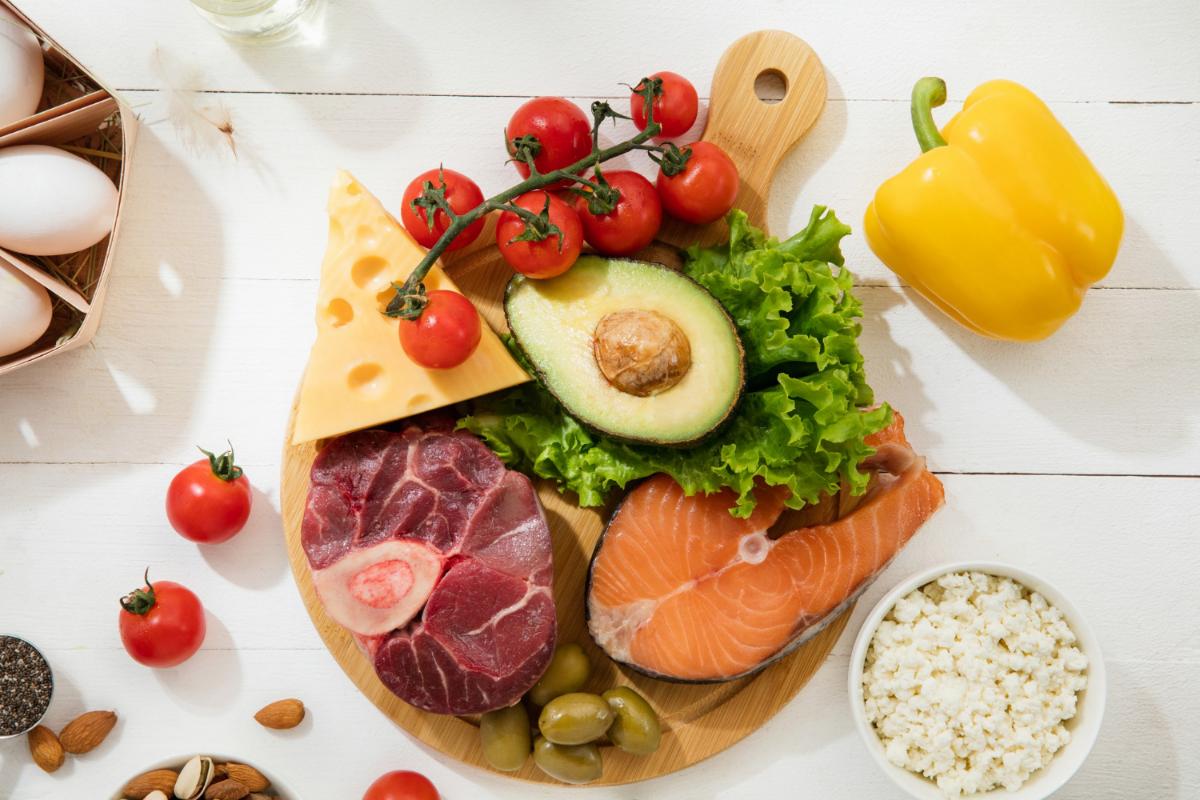
If you’ve been sidelined from a sports injury, the only thing that hurts more is knowing that your team has to go on without you by their side. Sports injuries are not fun, and neither is sitting on the bench while you could be on the field. After seeing an orthopedic surgeon, you’ll most likely want to make a speedy recovery so you can get back in the action. Physical therapy is important, but so is your diet during your recovery process. Here are a few nutrition tips you can utilize to get back in the game sooner.
Fuel Your Body
Many patients who see an orthopedic surgeon find it difficult to adapt to their new physical limitations. You may see this as an opportunity to cut weight, but what you may not know is that the body burns 20% more calories during the first 48 hours of physical recovery. Depending on the severity of the injury, resting metabolic rates increase from 15 to 50% of normal function. Additionally, you burn 80% more calories while walking on crutches than you do walking normally.
The first stage of an injury is the Inflammatory stage which lasts 1 to 4 days. The body is responding to cellular death due to disruption of healthy blood flow. Your body is hard at work repairing the injury, and it requires good nutrition to get the job done. Start your recovery on a good note and eat well in the first 48 hours. Make sure you consume a minimum of 20% more calories daily than you did before the injury.
Manage Nausea
Postoperative nausea and vomiting (PONV) is a serious problem that many surgical patients face. This is very common and there’s a myriad of causes. Since nutrition is of utmost importance to your recovery, you must keep your nausea under control. Here are a few methods that can minimize your nausea:
- Hydration: staying hydrated is key to minimizing nausea. Ask your anesthesiologist if you’re able to drink clear liquids prior to your surgery. Most types of anesthesia medicine cause PONV and can be prevented if you’re hydrated before you undergo surgery. After surgery, drink in small amounts at a time, as chugging large quantities of fluids in a short time can trigger nausea.
- Anesthetic Alternatives: discuss nausea with your anesthesiologist prior to your surgery. They may be able to offer anesthetics that are less likely to cause nausea.
- Medication: There are several preventative medications that can manage nausea. Common nausea medications such as ondansetron (Zofran), promethazine (Phenergan), or diphenhydramine (Benadryl) can be used to prevent and treat nausea.
Battle Anabolic Resistance
When a person becomes immobile, myofibrillar proteins do not respond in the same manner to amino acids. Doctors call this anabolic resistance. In order to offset this condition, you need to eat a diet that is high in protein. Try getting at least 2.5 grams of protein per kilogram of body weight every day. Concentrate on eating foods that are high in leucine, like eggs, chicken, and dairy, as those foods will stimulate muscle protein synthesis faster, allowing your body to heal more quickly.
Eat Healthy Fats
One way that you can increase caloric intake and enable quicker healing is to eat healthy fat. Try consuming fatty fish, like tuna, mackerel, and salmon. Cut down on the amount of bad fats in the diet, like fried foods, because they can worsen inflammation. Know that processed foods could negatively affect your microbiome and inhibit your recovery process.
Limit Alcohol Intake
While an occasional beer or a glass of wine will not hurt you, during the recovery process, be very careful about the amount of alcohol that you consume. Drinking too much can cause excessive muscle loss, lengthening your return to pre-injury performance. Additionally, alcohol consumption can increase the amount of inflammation. Alcohol can also inhibit pain sensors, making you numb to your injury which can cause many problems.
Talk to the orthopedic surgeons at Central Florida Bone and Joint Institute about other things that you can do to get back in the game sooner as no one wants to be sidelined by an injury.